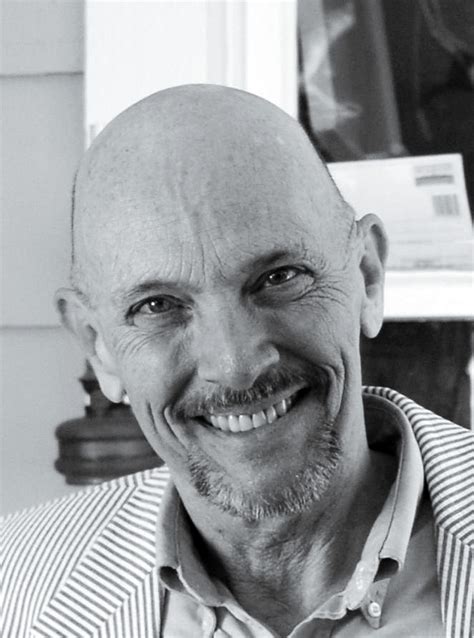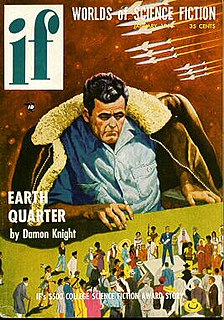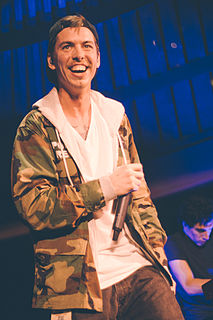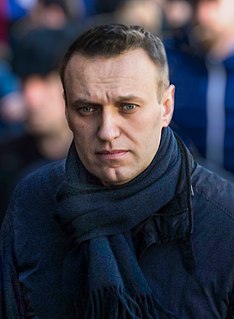A Quote by George Pattison
Perhaps unsurprisingly, there's a paradox here! Kierkegaard's own indirect communication proposes that we start with the experience of those who don't believe and meet them on their own ground. His success in doing this is evidenced by the fact that, at least for some periods of the 20th century, aspects of his work became a major focus for radical thinkers of various kinds, including the non-religious and, interestingly, a significant number of Jewish thinkers (Buber, Rosenzweig, Taubes, and others).
Quote Topics
Related Quotes
Autism is a big continuum, going from someone who remains nonverbal, all the way up to geniuses on Silicon Valley. And some kids are visual thinkers like me. Other kids are pattern thinkers - your mathematicians, your programmers. And there are others, they are word thinkers. Uneven skills. You need to take the thing that they're good at and you need to work on developing it.
In the late 19th century there was a major union organization, Knights of Labor, and also a radical populist movement based on farmers. It's hard to believe, but it was based in Texas, and it was quite radical. They wanted their own banks, their own cooperatives, their own control over sales and commerce.
You can have a team of unconventional thinkers, as well as conventional thinkers. If you don't have the support of others you cannot achieve anything altogether on your own. It's like a cry in the wilderness. In each instance there were others who could see the same thing, and there were others who could not. It's an obvious difference we see in those who you might say have a bird's eye view, and those who have a worm's eye view. I've come to realize that we all have a different mind set, we all see things differently, and that's what the human condition is really all about.
He will long be remembered as one of the great Christian thinkers of our century, with a childlike faith and a profound compassion toward others. It can rarely be said of an individual that his life touched many others and affected them for the better; it will be said of Francis Schaeffer that his life touched millions of souls and brought them to the truth of their creator.
Sure there are people who do everything "I do my own beats, my own lyrics, my own mixing, my own mastering, my own art, my own booking, my own managing, my own merch" it's like... ya that sucks, it can't be very good for you, and might be why you aren't getting ahead because you really need to focus on the music where others should be focusing on those other aspects.
Muhammad Ali was unquestionably one of the greatest boxers of the 20th century and a sincere advocate for his religious beliefs. In his life, he defeated the best professional boxers of his era, some of them more than once, which meant he was easily forgiven the excesses of his ringside braggadocio.
I say, 'Get me some poets as managers.' Poets are our original systems thinkers. They contemplate the world in which we live and feel obligated to interpret, and give expression to it in a way that makes the reader understand how that world runs. Poets, those unheralded systems thinkers, are our true digital thinkers. It is from their midst that I believe we will draw tomorrow's new business leaders." --Sidney Harman, CEO Multimillionaire of a stereo components company
Audiences of critical thinkers are my favorite kinds of audiences. There are jokes I tell in the show that don't get laughs unless I am in front of an audience of critical thinkers. Put me in front of a crowd of science teachers or astronauts! The guileless aren't our audience - it's the critical thinkers we love.
Just as the line of astronomical thinkers from Copernicus to Newton had destroyed the old astronomy, in which the earth was the center, and the Almighty sitting above the firmament the agent in moving the heavenly bodies about it with his own hands, so now a race of biological thinkers had destroyed the old idea of a Creator minutely contriving and fashioning all animals to suit the needs and purposes of man.

































